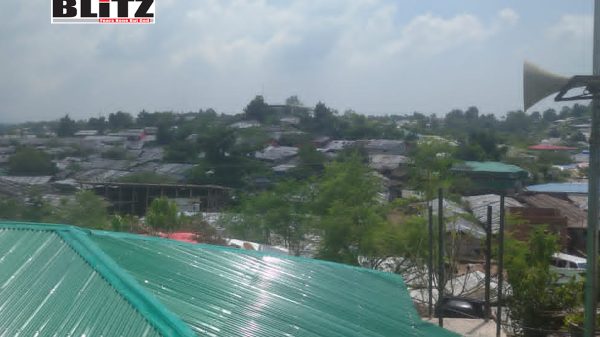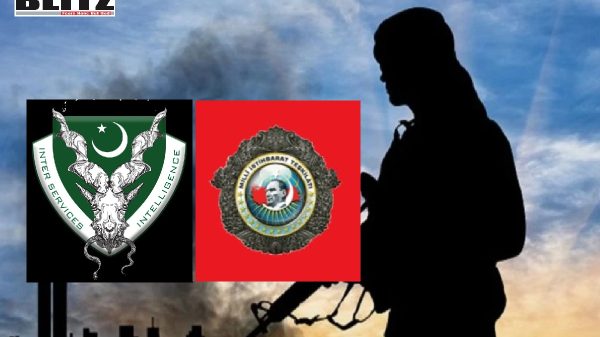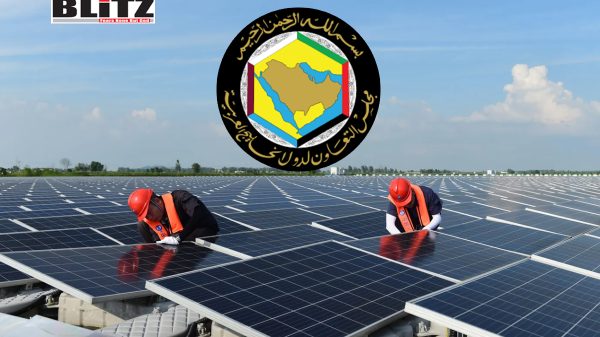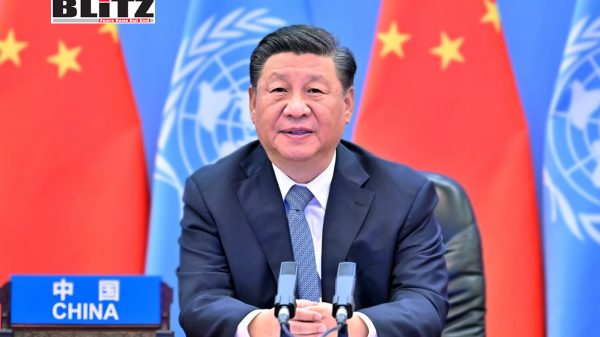Myanmar companies built bases on seized Rohingya land after 2017 exodus
- Update Time : Tuesday, September 30, 2025

The plight of the Rohingya has long stood as one of the most harrowing examples of ethnic persecution in recent history. Now, a new report by the United Nations’ Independent Investigative Mechanism for Myanmar (IIMM) reveals how the Myanmar military not only drove hundreds of thousands of Rohingya from their homes in 2017 but also enlisted private companies to erase their presence from the land entirely. The findings shed light on how business interests, state repression, and systematic violence merged in a campaign that rights groups say amounts to genocide.
According to the IIMM, at least nine private companies, including the powerful conglomerate Asia World Company, were contracted to demolish and redevelop villages once inhabited by Rohingya Muslims. These communities had been torched and razed during the military’s so-called “clearance operations,” which sent more than 700,000 Rohingya fleeing across the border to Bangladesh.
The report describes how lands belonging to Rohingya families-farms, businesses, homes, and even sacred spaces-were flattened and repurposed. In many cases, the military established Border Guard Police battalions and other security outposts on the very sites where Rohingya communities once lived. By reconstructing the landscape in such a way, investigators argue, the authorities were not only entrenching military control but also deliberately erasing material evidence of Rohingya existence and history.
“By paving over sacred and communal spaces, the authorities obliterated material proof of Rohingya history, making future claims of belonging or return more difficult,” the UN mechanism stated. This effort, they concluded, could constitute evidence of genocidal intent.
Central to this troubling development is Asia World Company, one of Myanmar’s most powerful conglomerates. Founded in 1992 and run by businessman Tun Myint Naing-better known as Steven Law-the company has long been entwined with the military elite. Its vast operations span ports, highways, real estate, and infrastructure projects, many of them secured through government concessions under successive military juntas.
According to the UN report, Asia World was directly involved in the construction of bases, roads, and other infrastructure that replaced Rohingya villages. The company’s willingness to work hand-in-hand with the military during one of the darkest chapters of Myanmar’s history has intensified calls for accountability.
“There needs to be an international criminal investigation into Asia World and all other crony companies that have aided and abetted the Myanmar military’s international crimes,” said Yadanar Maung, spokesperson for the activist group Justice For Myanmar.
Asia World’s controversial history predates the Rohingya crisis. The US Treasury Department sanctioned the company and its executives in 2010 for their deep ties to Myanmar’s junta. Tun Myint Naing’s father, who founded Asia World, was accused of being one of the world’s most prolific heroin traffickers dating back to the 1970s.
Despite these concerns, the company continued to operate as a linchpin of Myanmar’s economy. In 2016, amid a wave of optimism about democratic reforms, the United States lifted most of its sanctions on Myanmar. Rights groups at the time warned that removing restrictions on military-linked businesses was premature and dangerous. Within a year, their fears were realized as the military launched brutal operations against the Rohingya.
In retrospect, critics argue, lifting sanctions gave companies like Asia World renewed legitimacy and access to international markets, enabling them to participate in projects that further entrenched the military’s control.
The atrocities against the Rohingya have been widely condemned by human rights organizations, governments, and international bodies. The UN Special Rapporteur on human rights in Myanmar has stated that the campaign likely constitutes crimes against humanity and genocide. Mass killings, systematic rape, and the burning of entire villages were documented extensively during the 2017 operations.
The new UN report adds another layer to the case: the systematic destruction of Rohingya cultural and communal spaces, followed by redevelopment projects designed to prevent the community from returning. This, investigators suggest, reveals an intention not merely to displace but to permanently eliminate the Rohingya as a people within Myanmar.
Myanmar’s fragile experiment with democracy ended abruptly on February 1, 2021, when the military staged a coup and seized full power, toppling the elected government of Aung San Suu Kyi. Since then, repression has only intensified.
According to a 2024 UN report, at least 6,092 civilians have been killed, more than 28,000 arrested, and over 3.5 million displaced by conflict and armed resistance. Airstrikes, arbitrary detentions, and torture remain common tactics of the junta as it struggles to crush widespread opposition.
The same military that orchestrated the campaign against the Rohingya continues to commit war crimes against other ethnic and political groups. Its survival, activists argue, is sustained by a network of businesses-including construction, energy, and financial firms-that supply it with resources and legitimacy.
Justice For Myanmar and other rights groups are urging governments worldwide to impose renewed sanctions on the junta and its corporate allies. They argue that without financial pressure, the military will continue its campaign of terror unabated.
“The Myanmar military is continuing to commit war crimes and crimes against humanity, and this campaign of terror is sustained by a network of businesses that supply it with the resources it needs,” said Maung. “Governments must step up and impose targeted sanctions.”
Targeted measures against conglomerates like Asia World could cut off key revenue streams, but past efforts suggest enforcement is often inconsistent. Many companies rebrand, shift ownership to family members, or use proxies to maintain their business empires despite sanctions.
The revelations in the UN report highlight the urgent need for a comprehensive approach to accountability in Myanmar. Beyond holding military leaders responsible, international efforts must address the role of private corporations that profit from persecution and displacement.
As the Rohingya remain confined to refugee camps in Bangladesh, their ancestral lands continue to be militarized and developed by companies with deep ties to the junta. The prospect of safe and voluntary return grows dimmer each year. Without concerted international action, the destruction of Rohingya villages may not just represent a past atrocity but a permanent erasure of an entire community from Myanmar’s landscape.
The UN’s findings make clear that the genocide against the Rohingya was not only a campaign of mass violence but also one of calculated reconstruction. Bulldozers, construction contracts, and business deals became tools of cultural extermination, leaving behind not just displaced people but a rewritten map designed to deny their existence.










